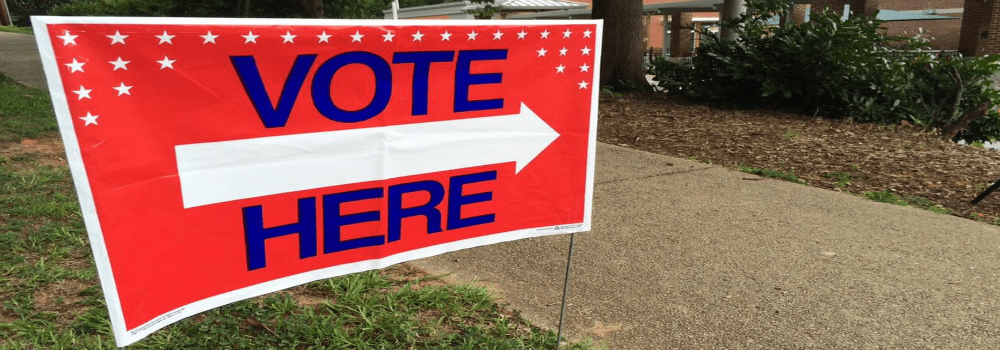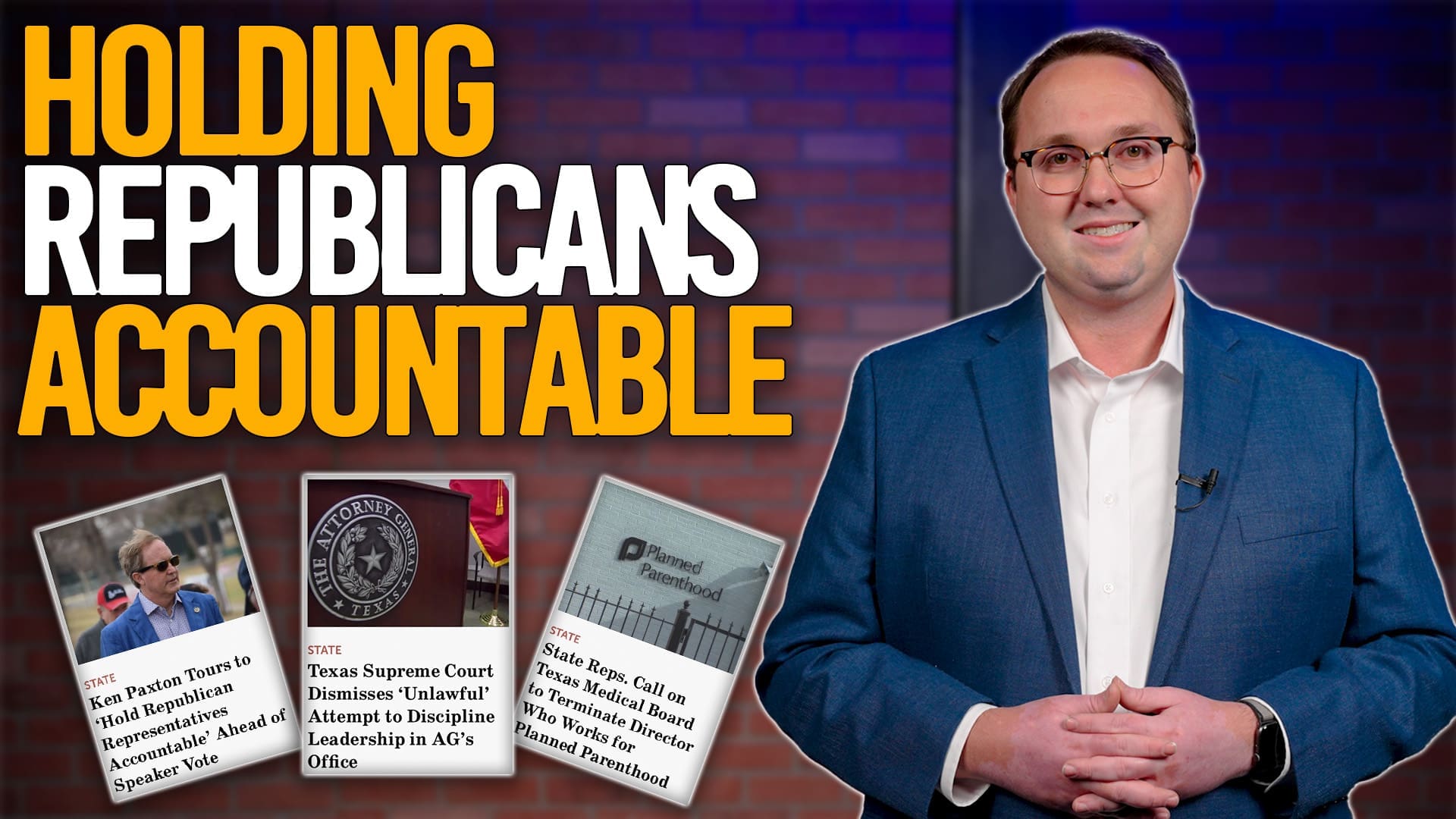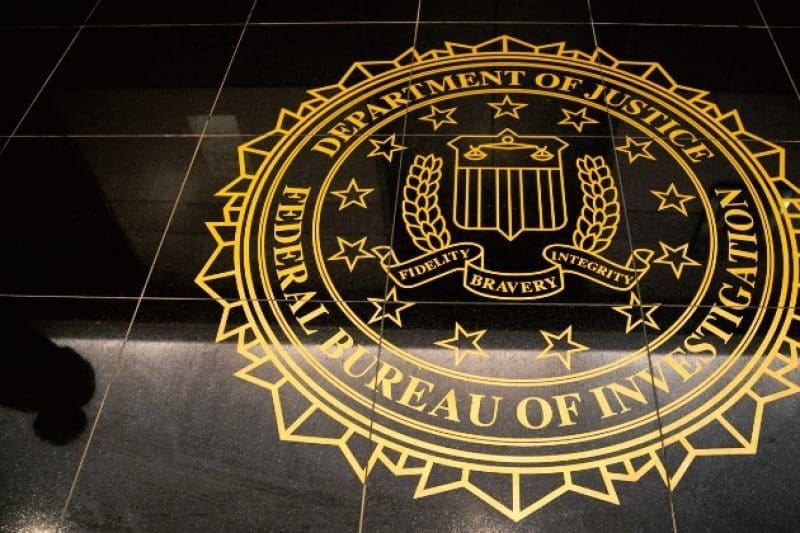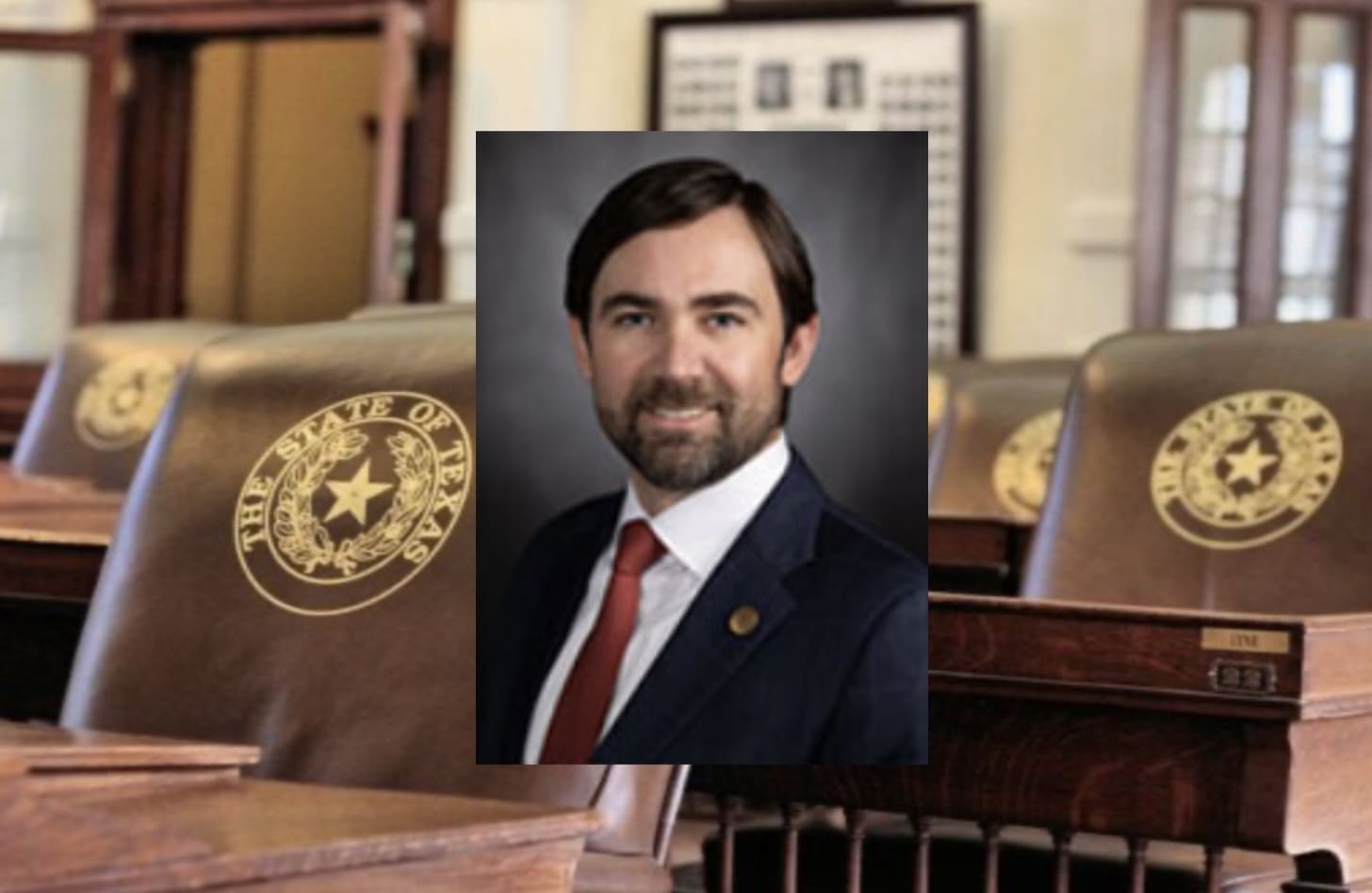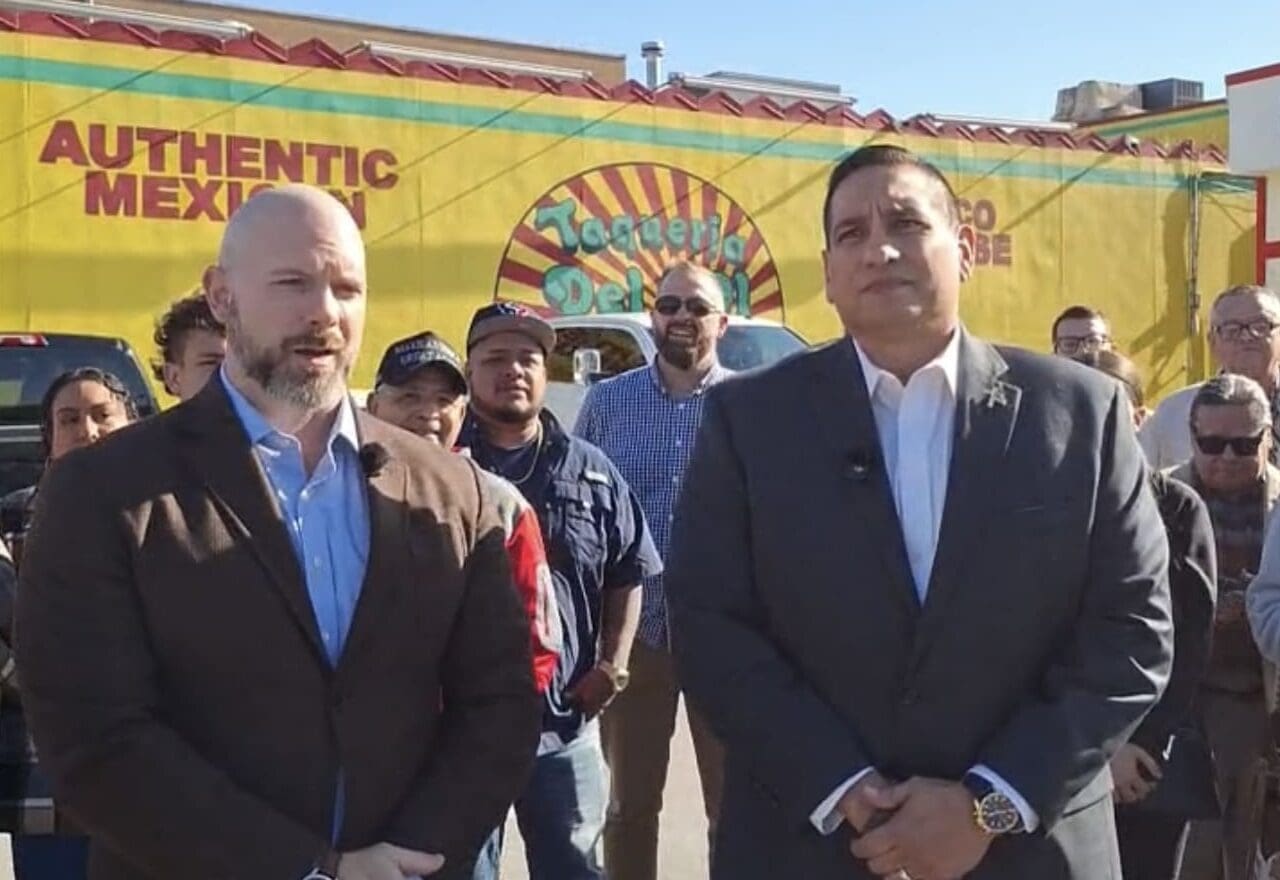Early last week, the three-judge federal panel considering the Texas redistricting lawsuit issued a ruling, one that contained a rather major surprise.
It was expected that Reps. Blake Farenthold (R-Corpus Christi) and Lloyd Doggett’s (D-Austin) districts would certainly be ordered re-drawn for racial gerrymandering reasons, but it was assumed that Rep. Will Hurd’s (R-San Antonio) 23rd District would also be in the same predicament. In a ruling that certainly caught the Democratic plaintiffs off guard, the court allowed the current 23rd to stand while striking down the other two. The panel also left north Texas in tact, another region the Democrats wanted re-configured.
Now with some certainty that the district will remain in tact – though it could tangentially change as a result of re-crafting Mr. Doggett’s nearby 35th District – candidates are already starting to make their moves regarding challenging vulnerable two-term incumbent Hurd.
Congressman Hurd was first elected to represent his sprawling central-west Texas district, a seat that stretches more than 550 miles from San Antonio to El Paso, in 2014 when he upset then-Rep. Pete Gallego (D-Alpine), 50-48%, yielding a margin of just over 2,400 votes. This past November Rep. Hurd again beat Mr. Gallego, this time 48-47%, a spread of just over 3,000 votes. Knowing that the turnout would literally double in the presidential year from the previous mid-term, many observers expected Gallego to re-claim the seat and were again surprised when the re-match evolved into a rerun.
Previously, Mr. Gallego indicated that he wanted to wait for the redistricting ruling before he made a decision about running one more time. His time frame may be accelerating, however, now that two Democrats just this week moved ahead of him and declared their congressional candidacies.
Jay Hulings, a former federal prosecutor from San Antonio who has strong ties to Rep. Joaquin Castro (D-San Antonio) and his brother, former San Antonio Mayor and US Housing and Urban Development Secretary, Julian Castro, announced his congressional candidacy on Monday. Yesterday, another San Antonio Democrat, former City Council candidate and Bernie Sanders activist, Rick Trevino, also joined the race. Mr. Trevino ran in May and missed qualifying for the Council run-off by just 29 votes.
With serious activity already underway in the marginal political district, and finding an electorate that supported Hillary Clinton, 50-46%, Mr. Gallego is now even a doubtful Democratic primary winner. Losing two consecutive elections to Mr. Hurd after serving a sole term in the House, and being a 22-year veteran of the Texas House of Representatives from a rural western state district, Mr. Gallego can no longer be considered a prohibitive favorite for the party nomination. Therefore, the chances of him running again may have diminished this week, since a majority of the Democratic primary electorate may well prefer a fresh candidate.
For most of the decade, Texas has sported very few competitive races because virtually the entire delegation has stabilized. This election year promises to be different, since more seats other than the 23rd, which traditionally features close elections, will also be in play.
At a minimum, we are going to see competition in Rep. Farenthold’s southeast TX-27 district, and almost assuredly a Republican seat will become competitive in the Austin area as a result of the Doggett district re-draw. Plus, Democrats are stirring in two other Texas CDs that Hillary Clinton carried even with Republican incumbents winning, those of Reps. John Culberson (R-Houston) and Pete Sessions (R-Dallas).
The Texas redistricting decision was a critical one in order for national Democrats to have a significant chance of winning the House majority, and their gain from the Lone Star State must exceed one seat to make any major improvement. Though the court’s redistricting ruling ostensibly went their way, it appears to be far short of what the plaintiffs had hoped to reap.
